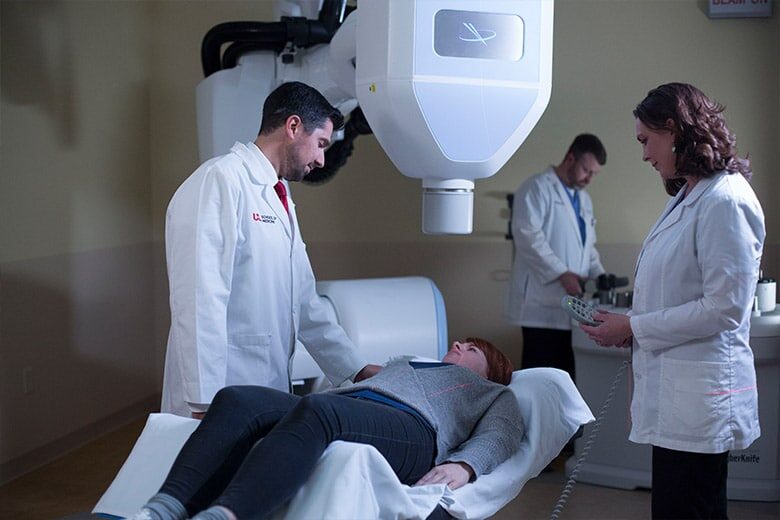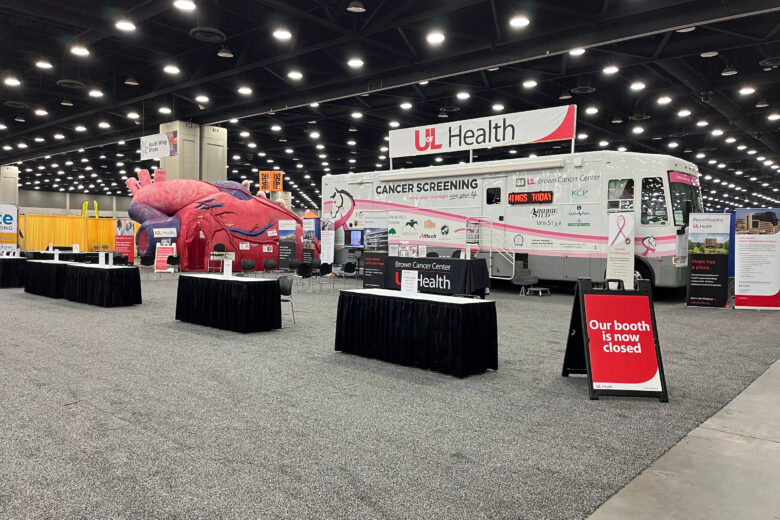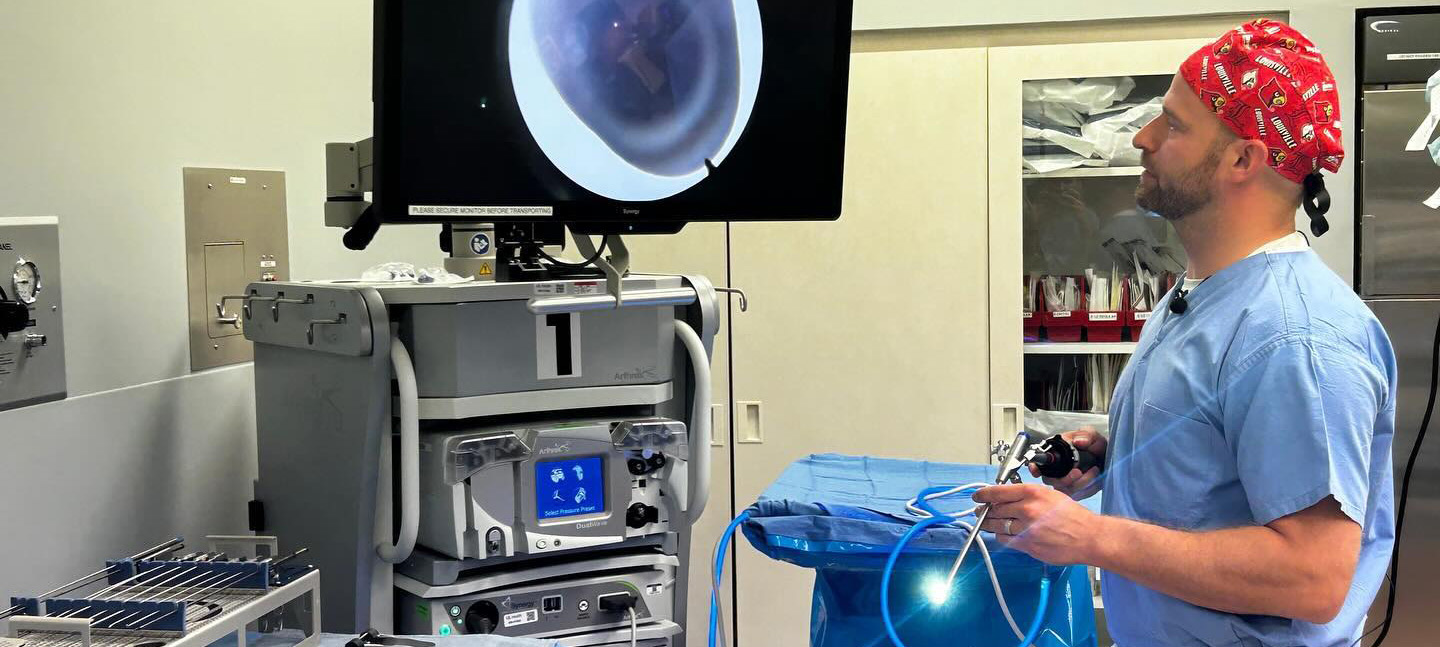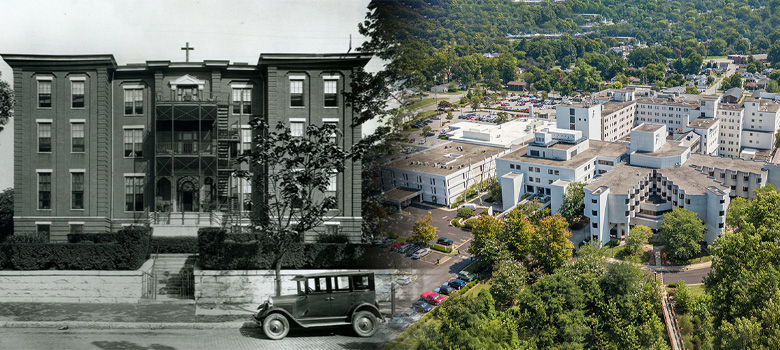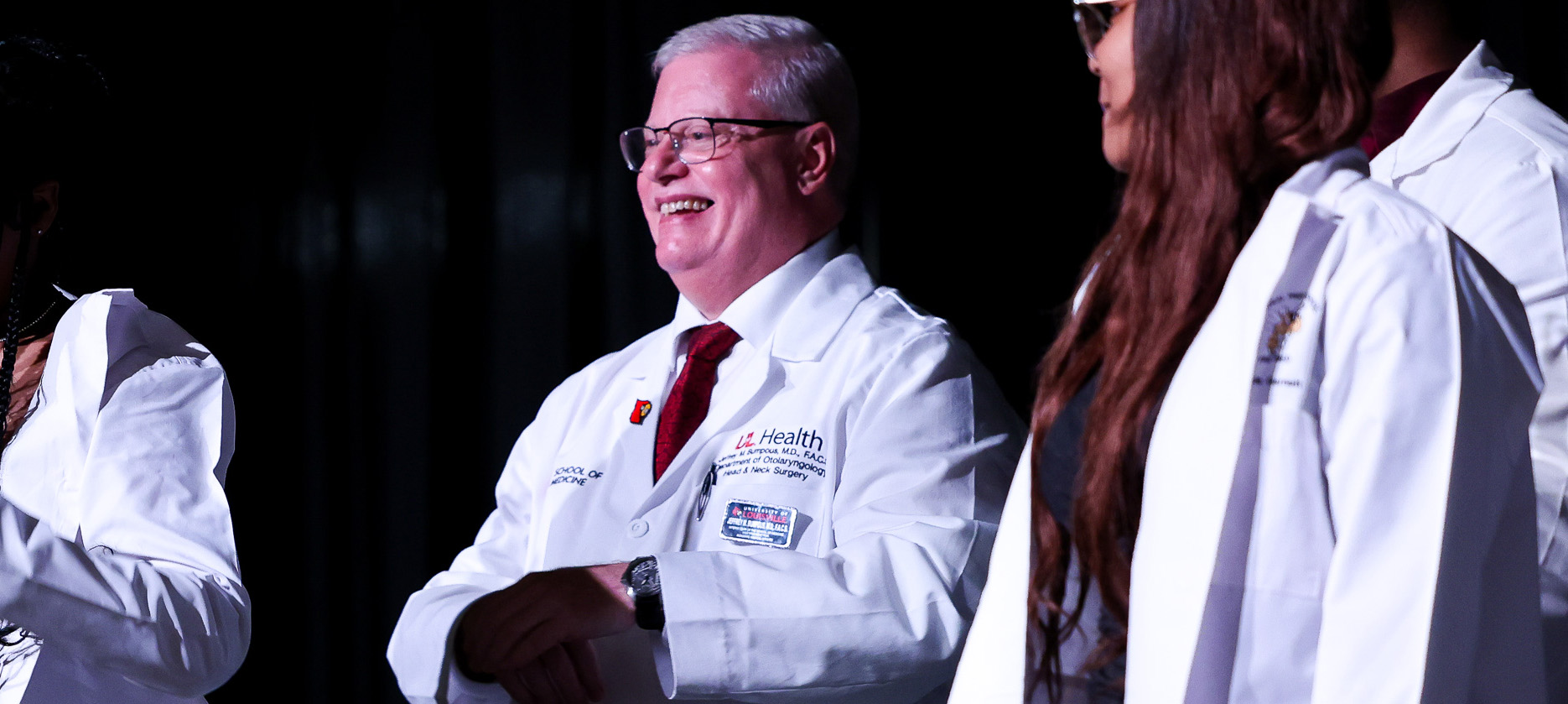An important part of your overall health is knowing when to be screened for cancer. Cancer screenings are key to early cancer detection, but it can be confusing to know when you might be eligible to start screening. The UofL Health – Cancer Screening Program is your connection to the latest information on cancer screening and they can guide you to cancer screenings at any UofL Health facility or provider's office.
To learn more about the guidelines on when to get screened and where these screenings are offered, click on the tiles below. For more information about cancer screening, talk to your primary care provider or call the Cancer Screening Program at 502-210-4497.


